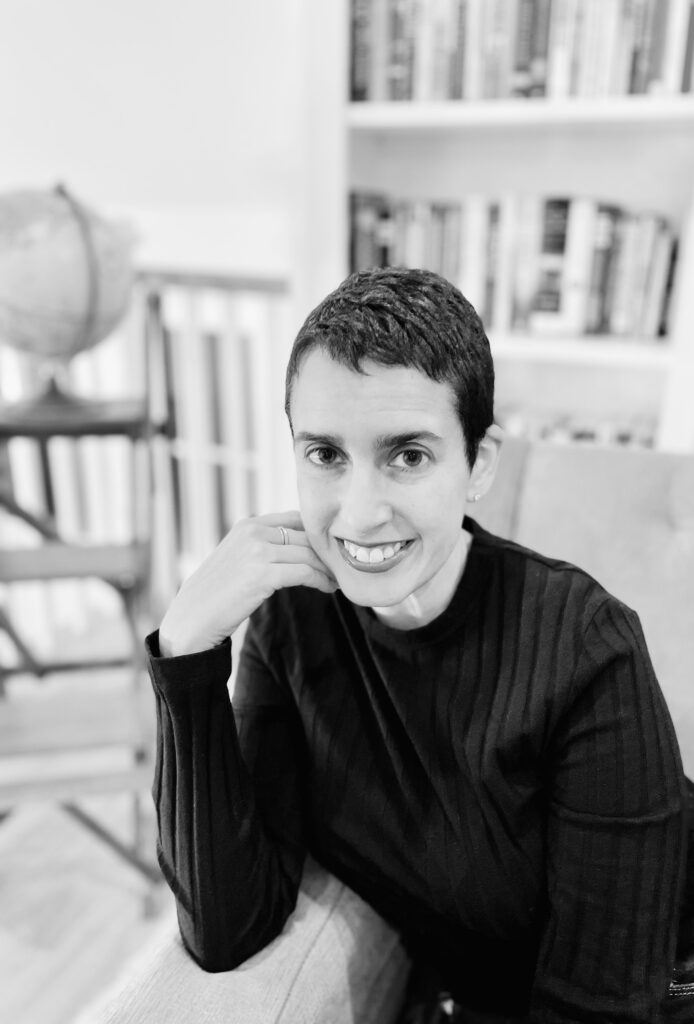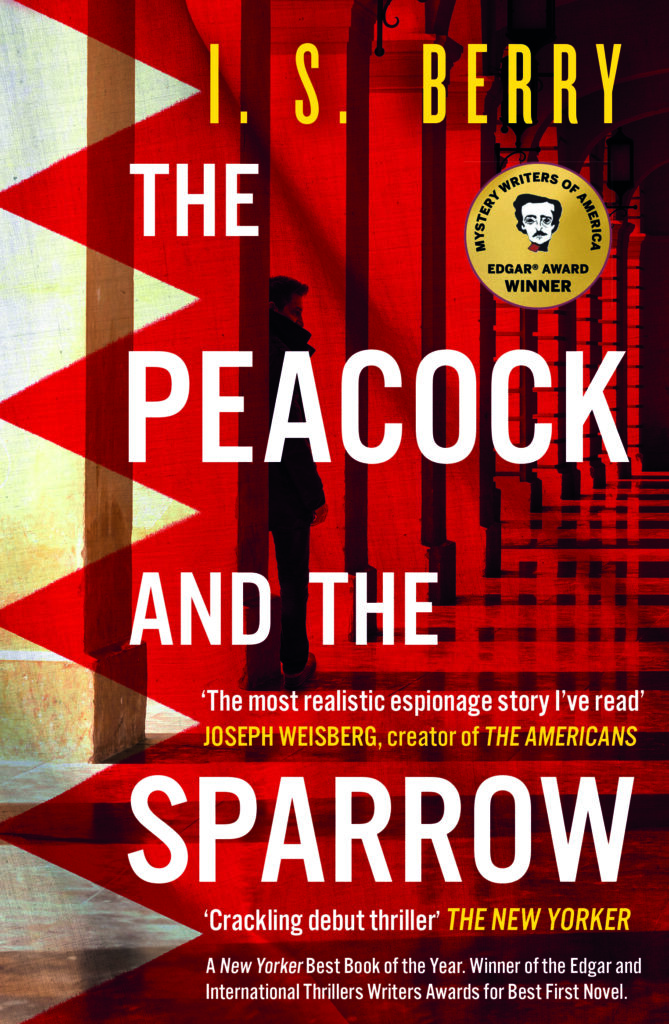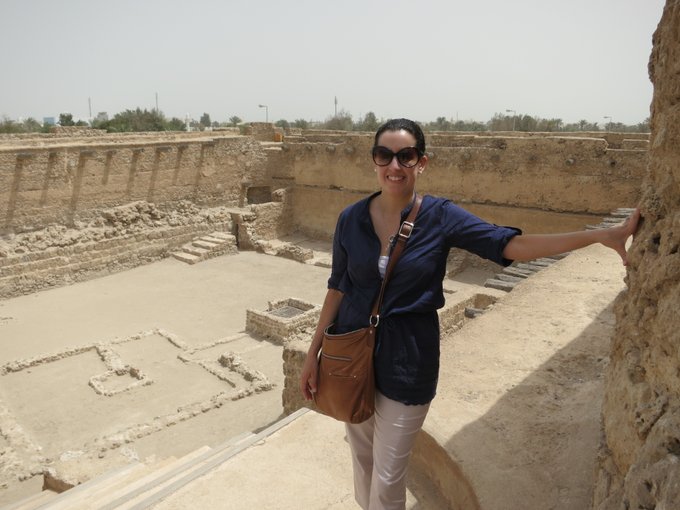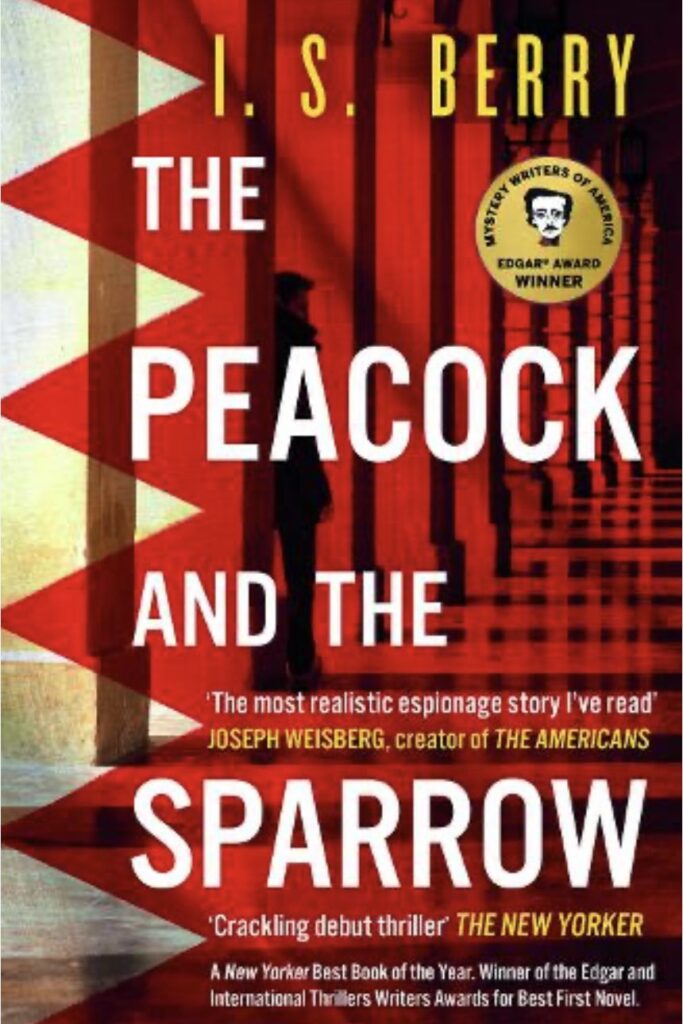
Did you always want to be a CIA agent?
Not at all. I wanted to be a writer! But I studied at London School of Economics in college, and fell in love with living abroad and foreign affairs. It was the 1990s and communism had collapsed, which was a fascinating time to be in Europe. After I graduated, I edited a newspaper in Prague, then worked as an intelligence analyst for the U.S. government in Cambridge, England, shuttling back and forth to the Balkans. I found I was passionate about intelligence work, so I applied to the CIA. While waiting for my application to process, I attended law school and studied international law. 9/11 happened while I was in law school, and I felt grateful I was on a job track that would serve my country.
When did you realise you wanted to be a writer?
For as long as I can remember! I’ve always loved books and words. My adolescence and young adulthood are littered with failed attempts at novels. While traveling Europe in my twenties – exploring, trying to figure out who I was – I remember musing in my journal that, while I’d probably follow a more practical career path, my secret dream was to be a writer. But it wasn’t until I’d worked as a spy that I had something really meaningful to write about, that it all came together.
What do you think is behind the world’s fascination with the CIA and the world of spies?
The secrecy, I think. Espionage is an entire world beneath the surface, a netherworld. And spying is a profession of high stakes, where lives and geopolitics – the fate of both people and nations – are on the line. Also, espionage involves inherently colorful characters – people willing to commit the ultimate betrayal.

Your characters are so vivid. Do you base them on real people?
My characters are mostly composites, except for the station chief, who was inspired by a real person. Also, the expat community is based on real people, and much of the dialogue is taken verbatim from actual conversations.
Can you describe your writing routine.
I try to go for a three-mile run each morning. Then I either go to my local coffeeshop or set up camp in my study and write for a few hours. I can’t write too much without printing out and editing, because things read differently to me on paper, and I need to get the story right before I proceed too far.
The book is negative about the CIA. Where you disillusioned?
A bit. I joined the Agency a few months after 9/11, and it was a time of transition and, at times, chaos. My first tour, as a counterterrorist case office in Baghdad during the apex of the war (fall 2004 to fall 2005), was challenging: we weren’t making much progress, the work environment was stressful, and most of us – myself included – returned with PTSD. I made decisions in a fog of war and espionage that haunted me and carried their own trauma. The fundamental skill required for the job – manipulating people – never sat easily with me. Now, years later, with the dust settled, I have a softer view of that time. I wouldn’t say my book paints the CIA in a negative light so much as it paints espionage in a negative light. For me, spying was an uncomfortable, debilitating profession, and that’s what I wanted to convey.
What are your thoughts on the CIA now. Did you find writing the book healing?
I think the CIA has made a lot of progress. The war on terror is over, and the Agency has had time to take a breath, evaluate its operations and internal culture. It’s more introspective and self-critical now. When I was there, the Agency was a bit of an old boys network. Since then, the “Me Too” movement has had an impact: there are rules about and awareness of sexual harassment; female officers speak up about inappropriate treatment; and women fill more leadership positions. I do think writing my book was cathartic. When I finished, I realized how many of my ghosts had come out on the pages. They’re still with me, but now I can better articulate and make sense of them.
The book is unflinchingly honest and brave. Did you ever have a moment of doubt about putting your heart and soul on the page?
Thank you! Yes – though more so after my book was published. I wrote my manuscript in a vacuum (CIA rules prohibit me from showing my writing to anyone until it’s been cleared), so I didn’t even think about getting my story out in the world at the time. Exposing my inner turmoil was still an abstraction. Once I was published, I realized that now everyone could see my scars and the effect espionage had on me. But so many former intelligence officers have found my book resonant, I’ve felt more reward than apprehension in telling this story.

Joseph Weisberg, creator of the TV series The Americans, called your book the “the most realistic espionage story I’ve read.” How did that feel, and do you agree?
Well, I haven’t read all the spy novels out there, so I feel unqualified to judge! But I take Joe’s blurb as a huge compliment, and was honored to get such an amazing endorsement from the creator of a masterful, iconic series. I do think many spy novels skew toward the sensational – car chases, roof scaling – and mine is based more on my own experiences, and the tradecraft and operations I conducted. Also, tradecraft is fundamentally psychological, not technological or gadget-based, and I think my story reflects this. Above all, I wanted to convey a visceral sense of espionage, and insiders tell me I’ve succeeded at that.
What books, films and TV shows get the spy world right?
For film, Beirut, Spy Game, and Ghosts of Beirut are some of my favorites. For novels, Graham Greene’s The Quiet American and most of le Carré books (The Little Drummer Girl is my favorite) – all written years ago, but, in the most important ways, as authentic today as they were then.
It’s nice to have a female voice in the world of spy novelists. Do you think you’ve paved the way for more?
I hope so! It’s shocking to me how few female spy novelists there are (though, we’re out there – I’m in good company with Merle Nygate and Alma Katsu, to name a few).
What’s next?
Another spy novel! This time, a female protagonist. It’s about the intersection of spying and writing…and I think that’s all I can say for now!
Interviewing I.S. Berry was both a pleasure and a privilege. You can read my review of her stunning novel, which was named as the The Times thriller of the year, here. You can buy The Peacock and the Sparrow here. I.S Berry’s website is a great resources and her socials are below.
Buy now – Simon & Schuster Web: isberry.net X: @isberryauthor IG: @isberryauthor

